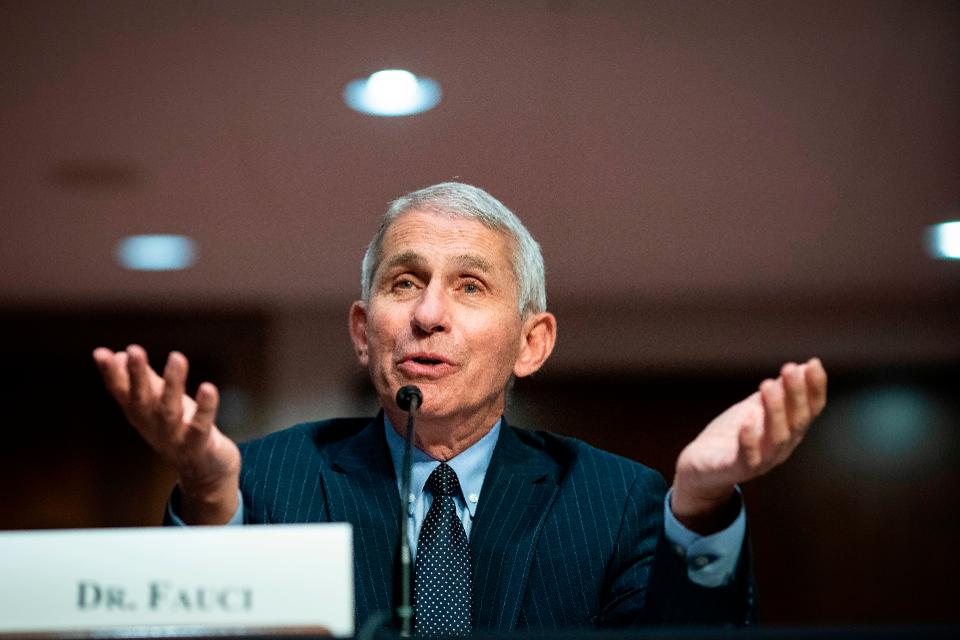More than 100 bushfires are raging in Australia as the continent swelters under record heat, a double whammy of extremes that has amplified scrutiny of what experts say is stark inaction from the government on climate change.
Blazes across New South Wales and Queensland have scorched almost 7 million acres, and Australia experienced its hottest day on record Wednesday, when the average temperature across the country hit 105 degrees.
The nation’s woes are unfolding as Australia faces criticism for what have been described as its inadequate climate policies, including the role of federal officials in thwarting negotiations at a recent U.N. summit on climate change.
Richie Merzian, director of the climate and energy program at the Australia Institute, a Canberra-based think tank that conducts public policy research, called the 2019 United Nations Framework Convention on Climate Change a letdown. The summit ended Sunday in a stalemate, with countries largely delaying major decisions on plans to cut carbon emissions until next year’s conference.
“It was terribly disappointing,” Merzian said. “Australia is literally on fire right now, and it’s clearly linked to climate change in terms of its severity and duration. But instead of going there to rally the world behind the need for greater climate action, Australia was lobbying to do as little as possible.”
Seasonal bushfires occur naturally in Australia, but hotter and drier conditions due to climate change have increased the frequency of fires and their severity, said Andy Pitman, a climate modeler at the University of New South Wales in Sydney.
“There is an uncontroversial link whereby higher carbon dioxide levels in the atmosphere from climate change increase bushfire risk,” Pitman said. “All other things being equal, a fire that occurs now will be worse than a fire that occurred 20 to 30 years ago.”
Trees play an integral role in the planet’s carbon cycle by absorbing carbon dioxide as they grow. But research has shown that when vegetation dries out — as during hot and dry summer months — the increased amount of carbon dioxide acts as extra fuel for wildfires.
Let our news meet your inbox. The news and stories that matters, delivered weekday mornings.
Human activities, such as burning fossil fuels, release greenhouse gases that trap heat and raise surface temperatures. A 2018 State of the Climate report from the Australian government’s Bureau of Meteorology found that the country has warmed by just over 1 degree Celsius since 1910, “leading to an increase in the frequency of extreme heat events.”
Those heat waves, combined with dry conditions, are dangerous ingredients for bushfires, Pitman said, with circumstances appearing to be particularly severe at the moment.
“This is unprecedented,” Pitman said. “I don’t think we’ve ever seen bushfires at this scale before.”
Download the NBC News app for breaking news
Bushfires are also problematic because they release carbon dioxide into the atmosphere. Australia’s fires are estimated to have emitted 250 million tons of carbon dioxide already — nearly half of the nation’s total yearly average emissions — according to NASA data provided to The Guardian.
Those events have renewed focus on Australia’s prime minister, Scott Morrison, who has refused to answer questions about climate change and their link to the fires. His conservative administration has also faced backlash for its policies and rhetoric surrounding global warming.
In November, Deputy Prime Minister Michael McCormack said climate change concerns were stoked by “raving inner-city lefties,” adding that there had been fires in Australia “since time began.”
Pitman said that while there had been some progress made on the state level, the federal government had shown a lack of political will.
“They almost see it as a negotiating or debating point, and it’s not,” Pitman said. “This is an existential risk to communities and major regions of the planet, and if governments don’t act, then the situation will simply deteriorate.”
Imran Ahmad, a climate scientist at Australian National University, said the Morrison administration’s stance was symptomatic of Australia’s complex history of climate change policy.
“There is an ideological drive against climate change by certain vested interests,” he said.
Australia is the world’s largest exporter of coal and its third-largest exporter of fossil fuels, after Russia and Saudi Arabia. Merzian, who worked as a climate negotiator for the government for almost a decade, said those economic ties have shaped the country’s climate policies for decades — and invite international criticism.
“You can’t be the largest exporter of coal, which is the largest source of greenhouse gas emissions when consumed, and not take any responsibility for that,” Merzian said.
In 2012, Australia’s Labor Government introduced a carbon tax that helped the country reduce greenhouse gas emissions by about 1.4 percent by the end of its second year. But the policy was unpopular, and in 2014, the newly elected government repealed the tax.
“Any new tax is unpopular, but unfortunately, by the time it was dismantled, we could see that it was working,” Merzian said. “It was reducing emissions, but it just didn’t have enough momentum to survive quite a strong negative campaign.”
As one of the countries that ratified the 2015 Paris Agreement, a global pact aimed at reducing greenhouse gas emissions to fight climate change, Australia will join 187 other countries in pledging to meet its reduction goals next year. Pitman said Australia has much at stake, with fragile ecosystems, such as the Great Barrier Reef, under severe threat from warming oceans and the country’s bushfires. Still, he added, it’s difficult to be optimistic about the country’s direction.
“The Great Barrier Reef is a multibillion-dollar asset to Australia, and it’s being sacrificed at the altar of carbon dioxide emissions,” he said. “It’s really important to understand that decisions that need to be made on carbon emission are politically painful, and there is no one more skilled at avoiding difficult political decisions than politicians.”

